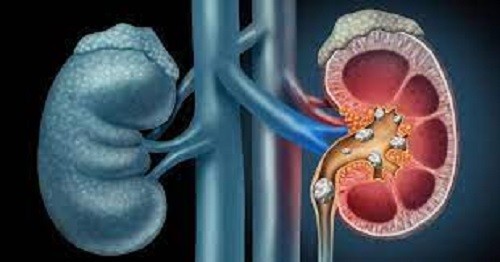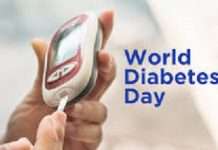
On 9 March, 2023, the global health community marked this year’s edition of World Kidney Day (WKD), with the theme: “Kidney health for all: Preparing for the unexpected, supporting the vulnerable.” The annual celebration is meant to raise awareness on kidney disease and to enlighten people to adopt a kidney-friendly lifestyle.
The 2023 campaign, according to the WKD Joint Steering Committee, was designed to focus on raising awareness about disastrous events and their impact on people living with kidney disease, whose access to appropriate diagnostic services, treatment, and care is hindered. With 10 per cent of the world’s population (about 800 million people), battling chronic kidney disease (CKD), this, indeed, is the best time to upscale efforts towards generating better outcomes for CKD-related concerns.
Nigeria, especially, needs to pay particular attention to this clarion call. Statistics from the Nigerian Association of Nephrology shows that over 20 million Nigerians are battling kidney disease, with 20,000 at the terminal stages. Sadly, the level of preventive education is appallingly low, compared to the nation’s rapidly growing population of over 200 million people. Government, policy makers and other stakeholders in healthcare must urgently look into this. The more citizens are informed, the easier it is for them to take helpful decisions regarding their health, and the healthier and stronger the nation becomes.
Moreover, the International Society of Nephrology has warned that non-communicable diseases (NCDs), such as cardiovascular disease, cancer, diabetes, and chronic respiratory disease, are responsible for 55 per cent of the global burden of kidney disease. Stakeholders in the country’s health sector must, therefore, intensify the campaign for prevention, as well as timely and accurate diagnosis of NCDs to stem the development of kidney disease.
Such preventative campaign has become even more necessary, considering the influx of sundry processed foods into the country. Besides, the current gloomy economic outlook has continued to cause an upsurge in the number of high blood pressure cases in the country.
Presently, in Nigeria, the grim and undeniable reality is that effective management of CKD and payment for kidney transplant are out of the reach of the poor. The current estimates are N130,000 weekly and N15 million, respectively. Even worse is that recent surveys have revealed that the country has only about 80 active dialysis machines, with a haemodialysis population of 3050 patients. This means that the ratio is 30 patients to five dialysis machines – an abysmally poor indicator for a nation like Nigeria. Government must provide more dialysis machines, especially in public hospitals, where ordinary Nigerians can be attended to.
Special support for vulnerable groups in the country – which include the motherless, refugees and internally displaced persons (IDPs) – is also a vital aspect of the goal of this year’s WKD campaign. Speaking during an event organised for WKD 2023, Consultant Nephrologist at the University College Hospital, Ibadan, Dr Yemi Raji, emphasised the need to educate vulnerable groups, adding that the burden of kidney disease continues to increase in the country within the last decade. He called for early treatment and management of the ailment, a step he agreed could forestall the total damage of the kidney. He also urged HBP and diabetes patients to seek proper medication in order to prevent the onset of the disease.
The concerns raised by Dr Raji is also a call on regulatory bodies, such as the National Agency for Food and Drug Administration and Control (NAFDAC) and the Pharmacy Council of Nigeria (PCN) to intensify their efforts towards ensuring that only wholesome and duly registered foods and drugs are allowed into the Nigerian market.
Every Nigerian also has crucial roles to play in maintaining personal kidney health, especially in terms of quality lifestyle choices and modifications. Indeed, efforts must be made to enlighten generality of Nigerians on the dangers of unhealthy and kidney-endangering habits, such as consumption of processed foods, high salt intake, smoking, drug abuse and misuse, and use of unregistered herbal mixture concoctions. Regarding this, Dr Raji noted that “people go to the pharmacy and chemists to buy all sorts of painkillers and this has a bad effect on their kidney or damages it. They should avoid self-medication. Instead, they should go to the hospital, whenever they are sick. They should also learn to take a lot of water because it helps the kidney.”
We equally join our voice with those of other health experts in urging the Federal Government to include kidney disease management in the National Health Insurance Authority (NHIA) scheme, as well as formulate a policy that will support the use of kidneys from deceased donors. These will go a long way in alleviating the sufferings of patients in dire need of kidney treatment and transplantation.










